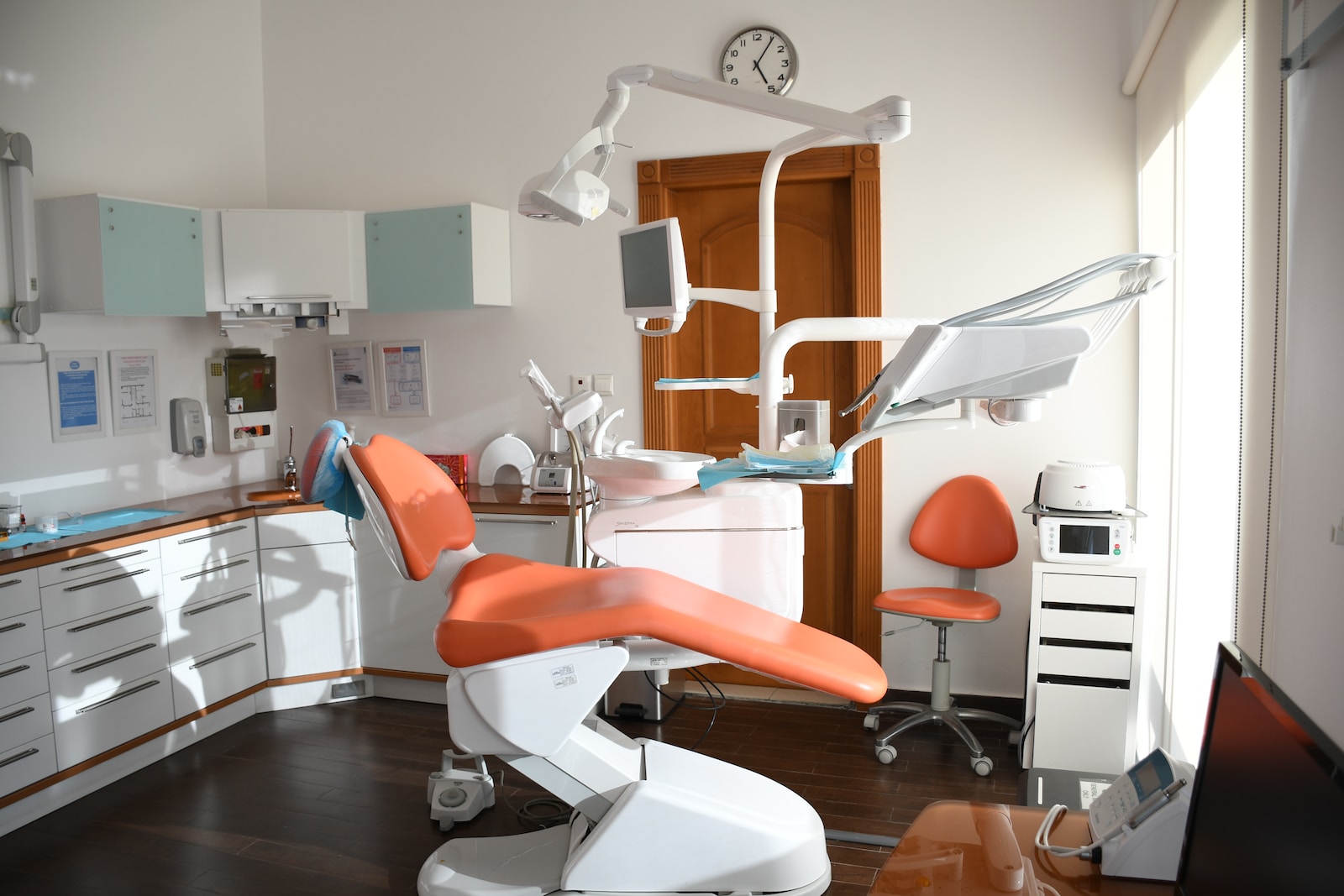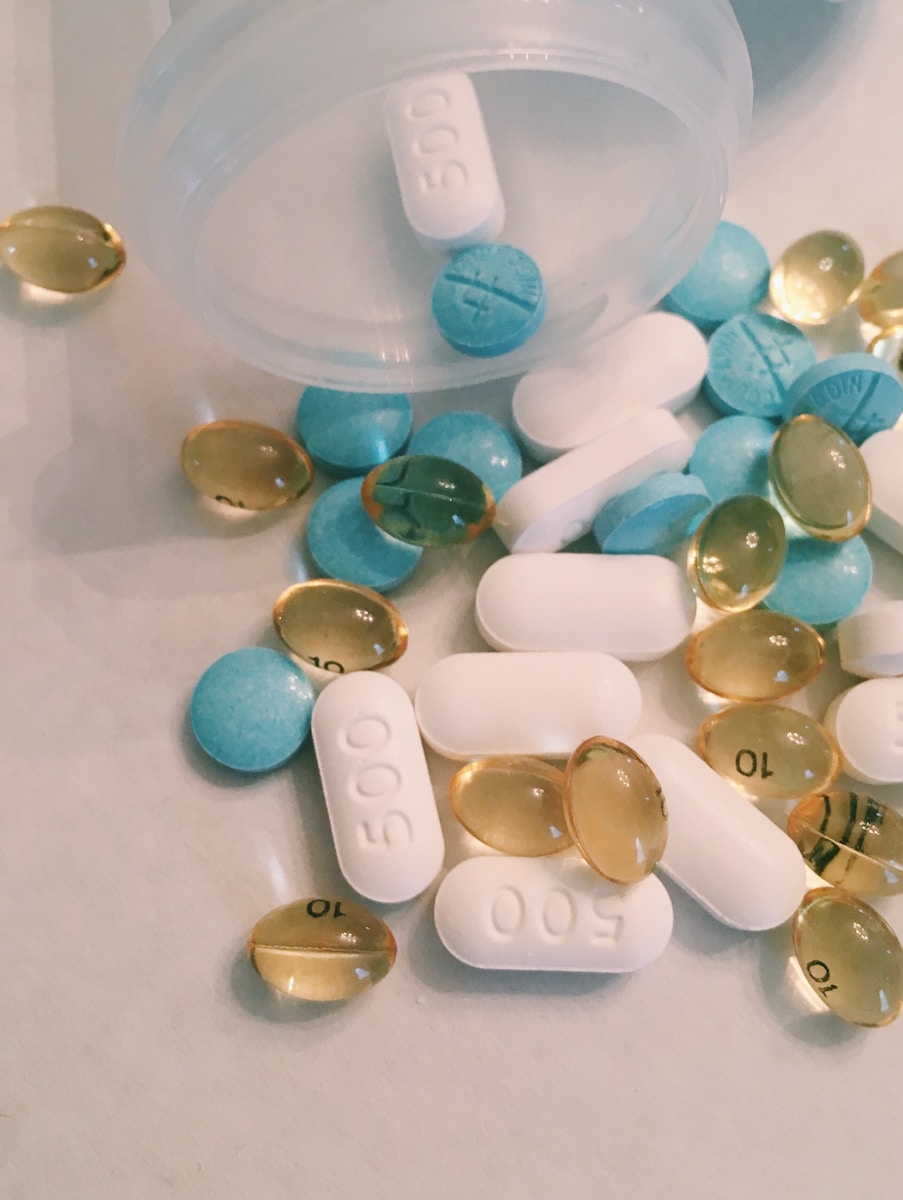Share this article with your network of friends!
Breast cancer is a condition that can affect individuals of all ages, including seniors. While the risk of breast cancer increases with age, it’s important for seniors to remain informed and proactive about their breast health. In this article, we will provide valuable information about breast cancer, including risk factors, early detection, and strategies for maintaining optimal breast health, empowering seniors to prioritize their well-being and seek necessary medical care.
1. Understanding Breast Cancer:
– Definition: Breast cancer is a type of cancer that forms in the cells of the breast. It can develop in both women and men, although it is much more common in women.
– Risk Factors: While the exact causes of breast cancer are not fully understood, several risk factors have been identified:
– Age: The risk of breast cancer increases with age, including for seniors.
– Family History: Having close relatives with breast cancer may slightly increase the risk.
– Hormonal Factors: Prolonged exposure to estrogen hormones, such as early menstruation, late menopause, or hormone replacement therapy, can impact the risk.
– Genetic Mutations: Inherited gene mutations, such as BRCA1 and BRCA2, can increase the risk of breast cancer.
– Lifestyle Factors: Unhealthy lifestyle choices, including smoking, excessive alcohol consumption, and lack of physical activity, can contribute to a higher risk.
2. Early Detection and Screening:
– Regular Breast Self-Exams: Performing monthly breast self-exams helps seniors become familiar with their breasts’ normal look and feel. If any changes, such as lumps, thickening, or nipple discharge, are detected, it is important to promptly consult a healthcare professional.
– Mammograms: Mammograms are X-ray examinations of the breast tissue and are crucial for detecting breast cancer early. It is generally recommended that women undergo regular mammograms starting at the age of 50, although your healthcare provider may recommend earlier or more frequent screenings based on individual risk factors.
3. Promoting Breast Health:
– Maintain a Healthy Lifestyle: Engage in regular physical activity, eat a well-balanced diet rich in fruits and vegetables, and limit alcohol consumption. These healthy lifestyle choices contribute to overall well-being and may help reduce the risk of breast cancer.
– Regular Healthcare Check-ups: Attend regular check-ups with your healthcare provider, who can assess your breast health, provide guidance on self-exams and screenings, and address any concerns or symptoms.
– Educate Yourself: Stay informed about breast cancer symptoms, risk factors, and advancements in treatment options. Trusted sources, such as reputable medical websites, can provide accurate and up-to-date information.
– Emotional Support: Coping with a breast cancer diagnosis can be emotionally challenging. Seek support from loved ones, support groups, or counseling services that can provide guidance and emotional support throughout your journey.
Breast cancer awareness and proactive measures are crucial for seniors to prioritize their breast health. Understanding the risk factors, early detection methods, and strategies for maintaining optimal breast health empowers seniors to take charge of their well-being. By regularly performing self-exams, seeking mammograms as recommended, adopting a healthy lifestyle, and staying informed, seniors can be proactive in detecting breast cancer at an early stage and seeking appropriate medical care. Remember, knowledge and self-care are powerful tools in promoting breast health and overall wellness. Stay informed, be vigilant, and embrace a proactive approach to your breast health, empowering yourself to lead a healthy and fulfilling life.
DISCLAIMER: This website contains articles for informational and entertainment purposes only. No articles on this website should be considered as professional advice for any medical, legal, or financial matter. Advertisements and content may contain affiliate links, where the website earns a commission for sales derived from our users.





